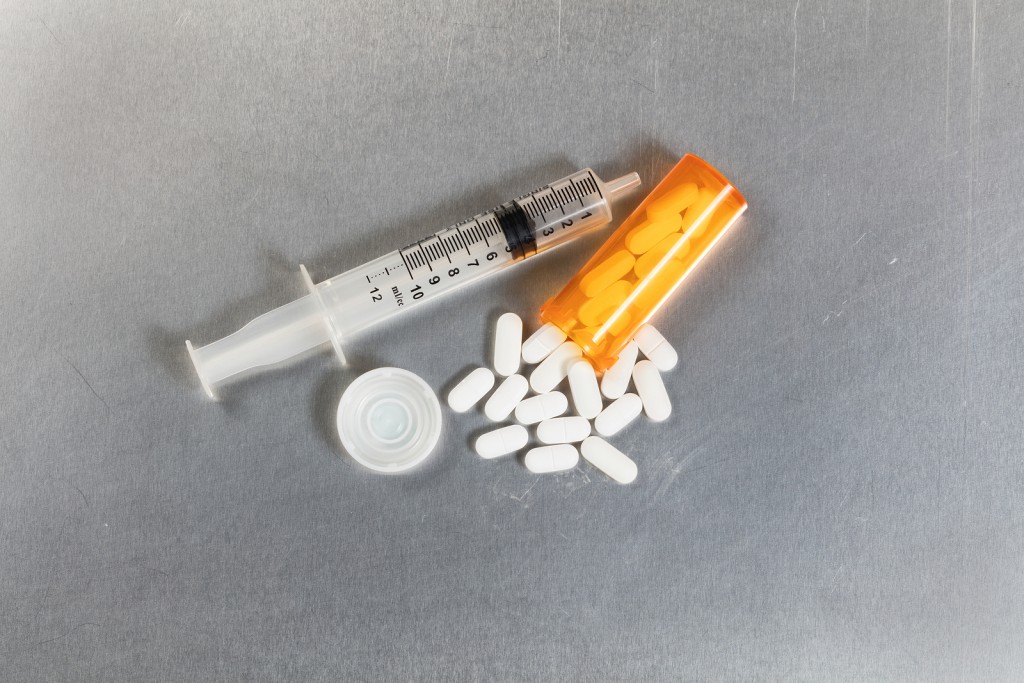
During active addiction, most people using drugs or alcohol are not fully aware of their actions and rarely have the ability to see the impact their actions are having on the people around them. Addiction is a highly self-focused disease, meaning it does not make room for the considerations of loved ones.
The result?
Friends and family members may struggle with trust, become resentful or withdraw from a relationship with the one battling addiction.
The impact of addiction on relationships
Because people struggling with substance use are not in a healthy mental state – certain drugs even directly impact decision-making abilities – they don’t realize until later that they have hurt the ones they love through addiction. When you enter into recovery, you’ll likely experience this sudden lack of close community you had before substance use was part of your life.
While this may feel deeply discouraging, it is a beautiful opportunity to begin making amends with the ones you love whom you may have hurt. Recovery is a time of rebuilding your life and starting fresh, and there is no better time to begin recovering those close friendships you once had.
How to earn trust back
While you may deeply want to rebuild trust with your loved ones and repair relationships, you might wonder exactly how you’re supposed to do that. The process is slow and intentional, but with continued perseverance, can be exceedingly rewarding.
Focus on yourself
Before committing yourself to rebuilding trust and friendship that was lost due to addiction, be mindful of why you are on the path to recovery. The first thing to focus on is improving and being honest with yourself. Remember you are a priority and you need to stabilize your life first before making amends with friends and family. Work on improving yourself by taking up a new hobby, doing volunteer work, getting involved with the community, exercising, hiking, etc.
As cliche as it may sound, actions speak louder than words, and it is a key component of rebuilding trust to show your loved ones through your actions and choices just how serious you are about recovering.
Start a dialogue
Rebuilding relationships in the aftermath of substance abuse will require a conversation with your friends and family members. This is a difficult task as emotional wounds can still be fresh, but an absolutely vital first step in rebuilding trust.
Don’t be afraid to be vulnerable and share your feelings and emotions, as this will rebuild healthy interactions and relationships. Remember that communication is a two-way street so listen thoroughly to what they say and address any concerns. Be prepared for skepticism and resistance, but don’t let that dissuade you on your path toward recovery. And remember – you all may need to have multiple conversations to get to a healthy point of understanding.
Practice patience
Patience is going to be absolutely crucial as rebuilding relationships and fixing the damage done doesn’t simply happen in one night. Trust is hard to earn in the first place, not to mention much harder to earn back from people you may have hurt.
You will most likely meet some resistance, but don’t let this discourage you from your goal. Don’t force your loved ones into trusting you or get upset if they don’t believe what you say right away. Depending on the level of hurt someone is feeling, they may need time and evidence that you mean what you say. Be aware that it will take some time to regain trust, as you must earn it.
Work on becoming dependable and consistent
Two traits that will be tested in the early stages will be dependability and consistency. Become dependable and consistent in your words and actions to help rebuild trust. You’ll need to demonstrate often to the people in your life that you mean what you say and that your actions are following through with your words.
As you work to rebuild trust, friends and loved ones will likely observe your actions and words closely. Something as easy as following through with plans will speak volumes to them. Make an effort to be involved in outings and engage in meaningful conversations. People will appreciate that you are genuinely working on improving yourself and making a solid effort to rebuild your relationships.
Continue to show up to your recovery programs
It is important to continue making progress on your journey toward recovery by attending support groups and remaining consistent in meeting with your therapist.
Rebuilding trust with loved ones is difficult and you’ll need the support of counselors, sponsors and others in recovery who are experiencing similar situations. Engage with your support groups and communicate what you are going through. Speak about the emotions you are experiencing and how they make you feel. It will support you to know that many others have struggled through what you are also experiencing.
Remain honest
Rebuilding trust takes time as you work on healing the foundation of relationships. Remember to be honest with yourself and with those close to you, as it is a crucial trait to the success of rebuilding and starting new relationships. The more honest you are with both yourself and with those around you, the more successful you will be in recovering relationships, and recovery overall.
Need additional help with trust?
Trust is a challenging concept for anyone who has been hurt by another person, especially when substance abuse and mental health are involved. If you or a loved one need additional support during this part, or any part, of recovery, High Focus Centers is here to help.
To learn more about our programs, contact us by calling our offices at 800-877-3628 to get in touch with someone today.
Recent Posts
- What Is the Alcohol Use Disorders Identification Test (AUDIT)?
- Is Complaining an Addiction? Understanding the Trap of Victim Mentality
- Understanding Attention Spans: What’s Happening to Our Focus?
- Klonopin Side Effects: Understanding the Risks
- Validation Addiction: The Hidden Struggle Behind the Need for Approval



